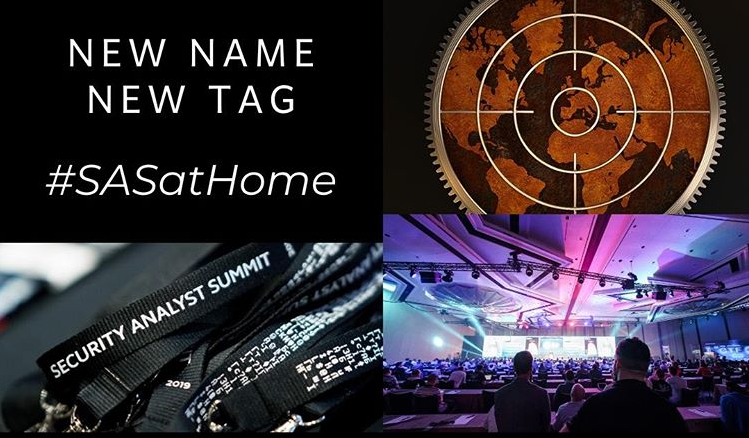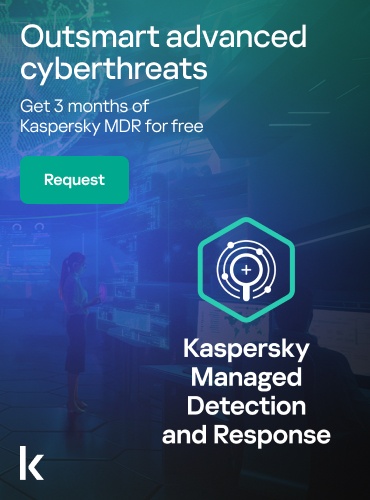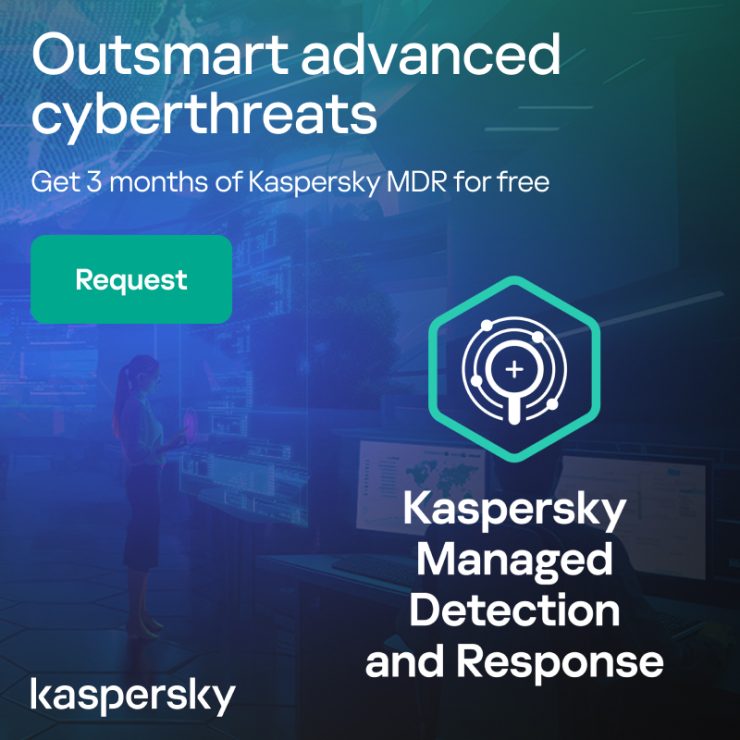
Recently, NSS Labs, a US-based testing company has performed a comparative review of several Internet browsers in order to determine which one provides the best protection against socially engineered malware.
Interestingly, the results seem to indicate that Internet Explorer 9 provides the best protection rates of all the tested products (which included Firefox 4 and Chrome 12)
Several people have questioned the validity of these reports based on the fact that older versions of IE are known to have been ridden with bugs and generally prove to be a security nightmare for any system administrator.
So, what is the truth here?
First of course, I’d like to point out the fine print – “the best protection against socially engineered malware”. What does it mean? Socially engineered malware (nice buzzword!) refers to malware that is being distributed through different social engineering tactics, such as tricking the user to install a codec from a website which looks like YouTube. Such malware is of course still prevalent, although it has been decreasing in popularity lately. Additionally, users have become more and more aware of such tricks and although some might click on the links, when they see the download, they skip it.
It’s also important to note that the test did not evaluate the resistance of the browsers to exploits, such as the ones deployed through the myriad of known and unknown exploit kits. Additionally, it did not check the ability of the browser to contain a successful exploit against one of the plugins, such as Adobe Flash or Java for instance.
Although IE9 is a fantastic browser, it has also weaknesses. In my opinion, the biggest weakness is that it doesn’t provide a plugin sandbox, which is currently the best defense against 0-day attacks.
IE9 might provide the best protection against socially engineered malware, however, that doesn’t mean it is the most secure. It only means that it is good at a very specific segment of threats, which are usually blocked rather well also by antivirus products. It’s quite obvious that you should never rely on browsers only for malware protection. Many of the attacks nowadays happen through USB sticks for instance, or, e-mails.
Bottom line? In practice, I’d be a lot more worried about containment of 0-day exploits than detection of “socially engineered malware”. I personally can easily recognize socially engineered malware and our company does a lot to teach others too, but what is extremely difficult to recognize and what has potentially even larger negative consequences are 0-day attacks. In that regard, there might be better choices out there than IE9.




















Which browser is the most secure?